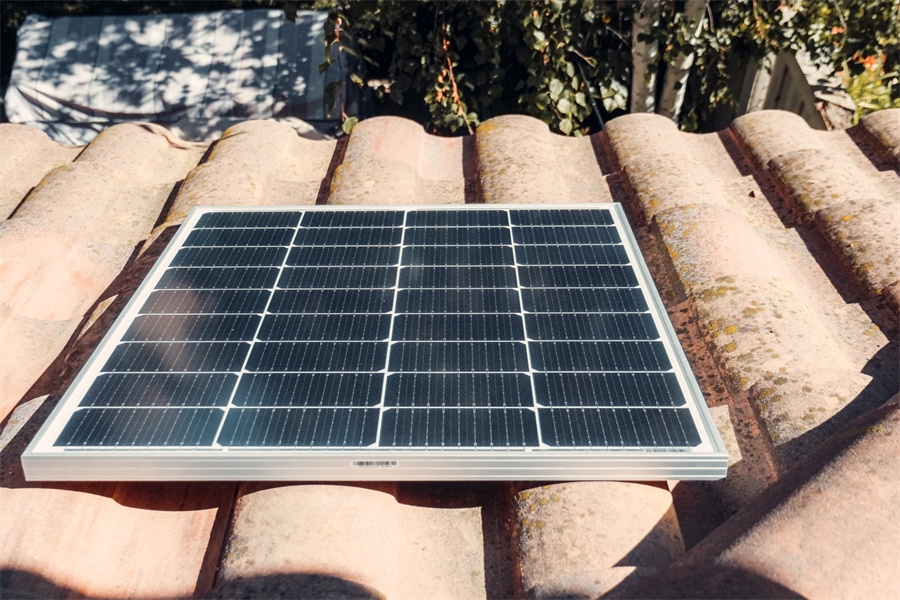Modern Solutions of Solar Power
time:2024-04-11 09:37:02 Views:0 author:Jinan Freakin Power Ltd.
The sun, our planet's natural powerhouse, offers an almost limitless supply of energy if we are able to harness it efficiently. Over the years, various technologies have been developed to convert sunlight into usable energy, presenting solar power as one of the most promising, sustainable, and eco-friendly solutions for our energy consumption needs.

One of the most commonly used solar technologies for homes and businesses is solar photovoltaics (PV). Solar PV systems convert sunlight directly into electricity. The core technology in this conversion process happens in the PV cells. These cells are made of semiconductor materials, commonly crystalline silicon. When sunlight strikes the cells, a certain portion of it is absorbed within the semiconductor material which stimulates the motion of electrons, thereby generating electric current.
Passive solar design refers to a method whereby the buildings are designed to collect, store, and distribute solar energy as heat in the winter and reject solar heat in the summer. This is achieved by strategically positioning windows, walls, and floors to absorb and distribute solar energy. Passive solar design can help homeowners save a substantial amount on heating and cooling costs.
Another commonly used solar technology is solar water heaters, which use solar energy to heat water. These systems include storage tanks and solar collectors. Passive solar water heaters rely on naturally circulating water, while active ones utilize pumps to circulate water.
Storing solar energy is a critical element in maximizing the efficiency of solar power solutions. The go-to option for home solar energy storage is lithium-ion batteries. They are relatively inexpensive, low profile, and are becoming more cost-effective with technological advancements.
While solar power is an excellent energy solution, it's not without its challenges such as shading issues and equipment malfunctions. However, continuous research and technological advancements are gradually overcoming these obstacles, making solar power solutions more efficient, practical, and accessible than ever before.
Harnessing the sun's bountiful energy through solar power technologies is a game-changing solution in the quest for sustainability. It not only provides a viable alternative to traditional energy sources but also contributes to the reduction of greenhouse gas emissions. As advancements in solar technology continue, we can look forward to increasingly efficient and affordable ways to make the most of the sun's power.




